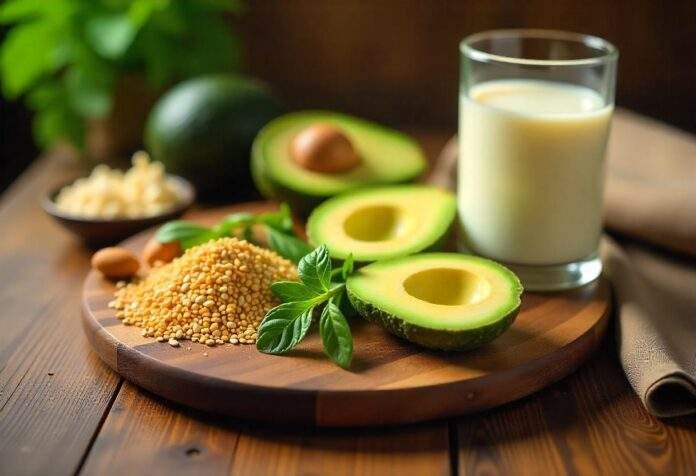Adopting a vegan diet doesn’t mean sacrificing flavor or texture. With the growing availability of plant-based alternatives, it has never been easier to enjoy delicious and nutritious meals while avoiding animal products. Whether you’re fully vegan or just looking to reduce your intake of animal-based foods, these five vegan swaps will help you create healthier, more sustainable meals without compromising on taste.
1. Swap Dairy Milk for Plant-Based Milk
One of the easiest and most popular vegan swaps is replacing dairy milk with plant-based alternatives. There are numerous options available, each with unique flavors and nutritional benefits.
Best Plant-Based Milk Options:
- Almond Milk – Light and slightly nutty, great for coffee and smoothies.
- Oat Milk – Naturally sweet and creamy, ideal for lattes and baking.
- Soy Milk – High in protein and closest in texture to cow’s milk.
- Coconut Milk – Rich and creamy, perfect for curries and desserts.
- Cashew Milk – Ultra-creamy and excellent for sauces and soups.
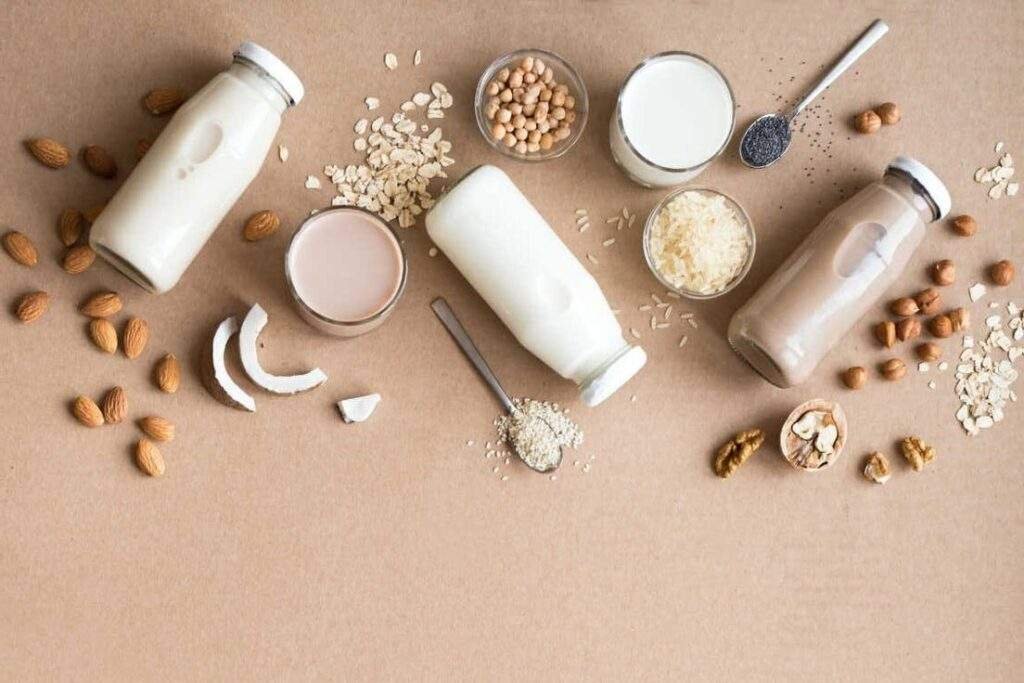
Why Make the Swap?
- Dairy production contributes significantly to greenhouse gas emissions.
- Many people are lactose intolerant or allergic to dairy.
- Plant-based milks offer various nutritional benefits and fewer saturated fats.
2. Swap Meat for Plant-Based Protein
Replacing meat with plant-based protein is a great way to maintain a healthy diet while reducing your environmental footprint. Fortunately, there are plenty of delicious meat alternatives available.
Top Meat Alternatives:
- Lentils and Chickpeas – High in protein and fiber, perfect for stews and salads.
- Tofu and Tempeh – Versatile soy-based proteins that absorb flavors well.
- Seitan – A wheat-based protein with a chewy, meat-like texture.
- Mushrooms – Naturally umami-rich and great for burgers and stir-fries.
- Jackfruit – A fantastic substitute for pulled pork and shredded chicken.
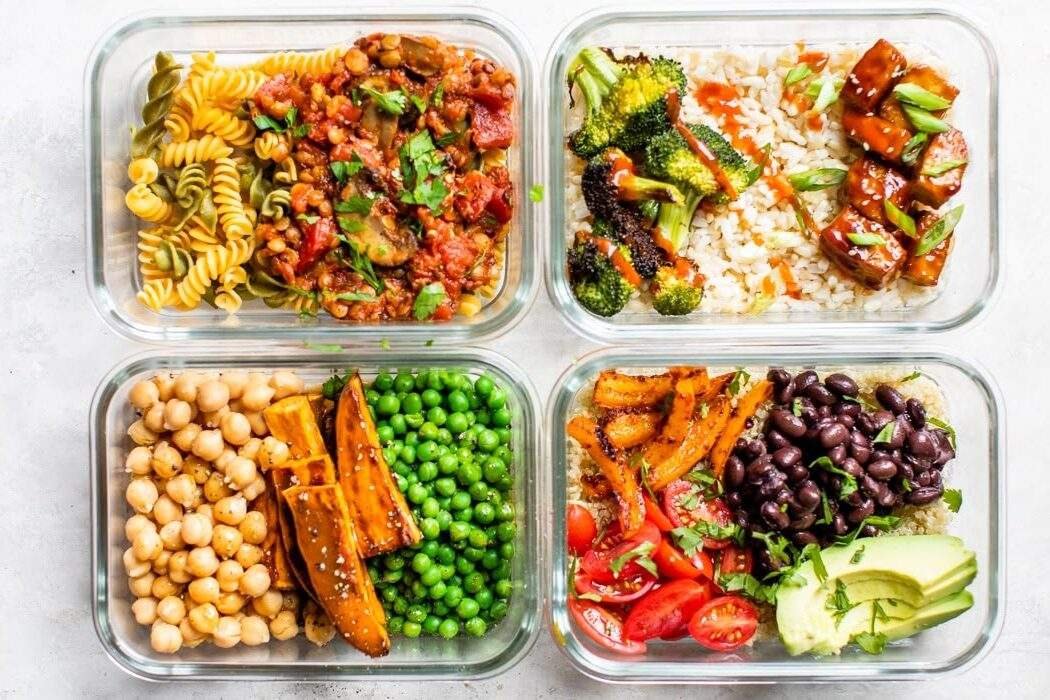
Why Make the Swap?
- Reducing meat consumption lowers your carbon footprint.
- Plant-based proteins are often lower in cholesterol and saturated fats.
- These alternatives provide essential vitamins, minerals, and fiber.
3. Swap Eggs for Vegan Egg Replacements
Eggs are a staple in many recipes, but there are plenty of vegan alternatives that can mimic their binding and leavening properties.
Best Egg Replacements:
- Flaxseed or Chia Seed Egg – Mix 1 tbsp ground flax or chia seeds with 3 tbsp water for a binding agent.
- Mashed Banana – Adds moisture and works well in baked goods.
- Applesauce – A healthy substitute in cakes, muffins, and pancakes.
- Aquafaba (Chickpea Brine) – Whipped aquafaba can replace egg whites in meringues and mousses.
- Store-Bought Vegan Egg Substitutes – Brands like JUST Egg offer a convenient alternative.
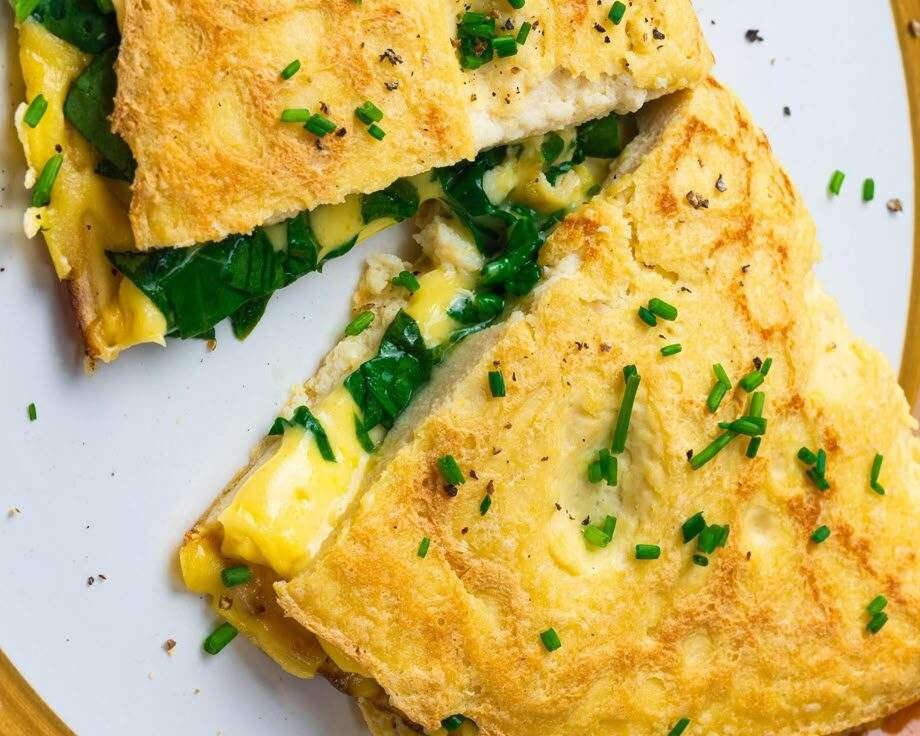
Why Make the Swap?
- Many people have egg allergies or dietary restrictions.
- Factory-farmed eggs contribute to animal cruelty and environmental degradation.
- Vegan egg substitutes provide fiber and essential nutrients.
4. Swap Butter for Plant-Based Alternatives
Butter is commonly used in cooking and baking, but plant-based alternatives provide the same richness and texture without dairy.
Best Vegan Butter Alternatives:
- Coconut Oil – Ideal for baking and cooking due to its richness.
- Avocado – A creamy, healthy fat option perfect for toast and sandwiches.
- Nut Butters (Almond, Cashew, Peanut) – Great for spreads, baking, and cooking.
- Olive Oil – Excellent for sautéing and dressings.
- Store-Bought Vegan Butter – Brands like Earth Balance and Miyoko’s Creamery offer tasty alternatives.
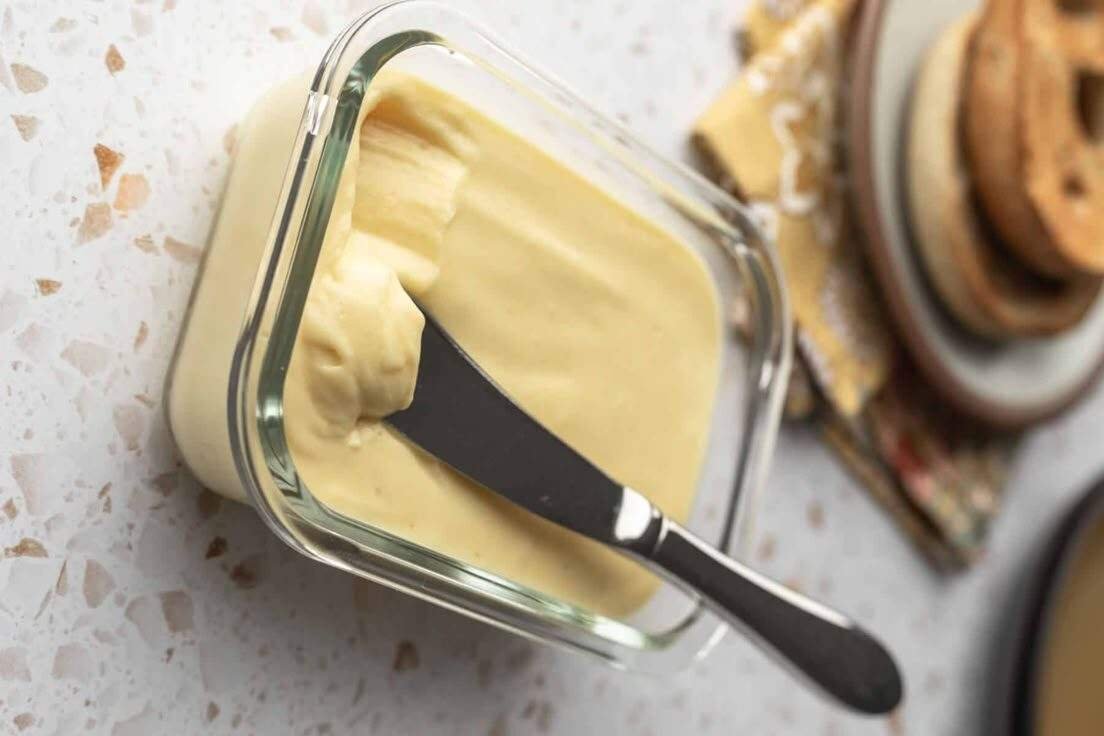
Why Make the Swap?
- Dairy farming has a high environmental impact.
- Plant-based butter alternatives often contain healthier fats.
- Vegan butter swaps cater to those with lactose intolerance and dairy allergies.
5. Swap Honey for Vegan Sweeteners
While honey is a natural sweetener, it is still an animal product. Fortunately, there are plenty of vegan alternatives that work just as well in teas, desserts, and cooking.
Best Vegan Sweeteners:
- Maple Syrup – A natural and flavorful substitute for honey.
- Agave Nectar – A mild, neutral-flavored liquid sweetener.
- Date Syrup – Nutrient-rich and perfect for baking and drizzling.
- Molasses – Thick, rich, and packed with iron and minerals.
- Coconut Sugar – A lower-glycemic option with a slight caramel flavor.

Why Make the Swap?
- Ethical concerns regarding bee exploitation in large-scale honey production.
- Many vegan sweeteners contain additional nutrients and antioxidants.
- Lower glycemic options can help manage blood sugar levels.
Final Thoughts: Small Swaps, Big Impact
Switching to a vegan diet doesn’t mean giving up your favorite foods. With the wide variety of plant-based alternatives available today, making these five simple swaps can have a positive impact on your health, the environment, and animal welfare. Whether you’re a full-time vegan or just exploring plant-based options, these substitutes make it easier than ever to enjoy a delicious and sustainable lifestyle.
By incorporating these easy vegan swaps into your daily routine, you can make a big difference in your diet and the world around you. Ready to take the plunge? Start experimenting with plant-based alternatives today!







